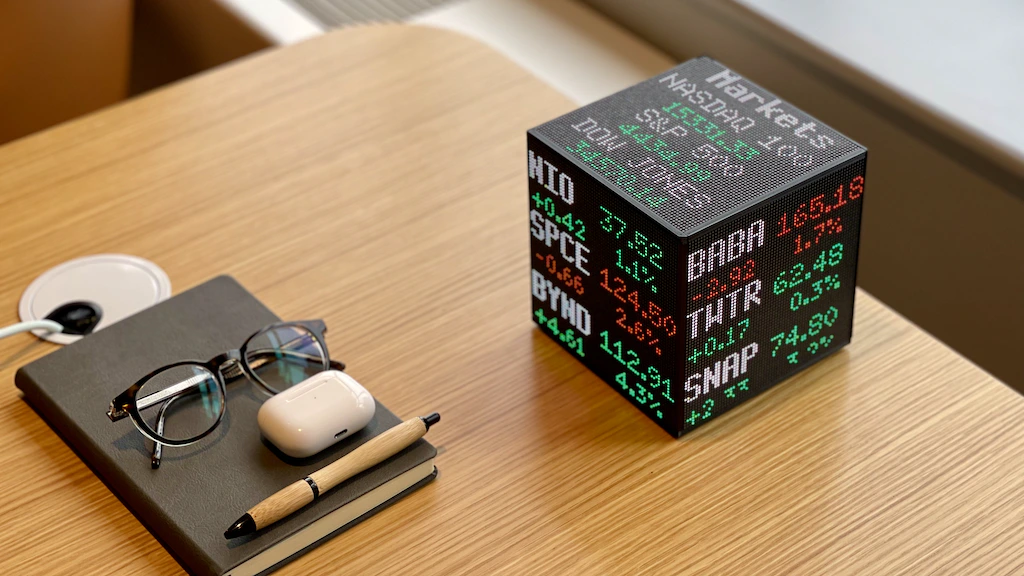Have you ever considered the possibilities of blockchain technology beyond just enabling virtual currencies like Bitcoin? Blockchain is the foundation of digital currencies, it is true, but its applications go well beyond banking. Imagine a world in which housing deals are swift and free of scams, medical records remain safe and freely accessible, and manufacturing chains are fully transparent. This isn’t science fiction; rather, it’s the reality that blockchain is bringing to a number of different sectors.
When most people hear the word “blockchain,” they typically associate it with digital currencies such as Ethereum and Bitcoin. Blockchain technology, however, is much more than just virtual money. It’s an effective technology that’s revolutionizing a number of industries by improving process security, transparency, and efficiency.
How blockchain beyond crypto is changing our jobs and daily lives.
Let’s examine.
Chain of Supply Provision
Supply chain management is undergoing a revolution thanks to blockchain, which offers a transparent and unchangeable record of each transaction. For example, businesses are able to monitor the path that goods take from producer to customer. Because of this transparency, goods are guaranteed to be genuine and ethically sourced. Customers can check, for instance, if the gemstones in their coffee are conflict-free and if the coffee itself is fair trade. In addition to fostering confidence, this degree of specificity aids businesses in better handling recalls and quality-related problems.
Medical Care
Blockchain technology holds patient records securely, guaranteeing data accuracy and restricting access to authorized personnel in the healthcare industry. By using this technology, medical professionals can share information more effectively and with fewer errors. For instance, many clinicians have simple access to the medical data of a patient, facilitating quicker and more informed treatment decisions. Furthermore, blockchain technology can assist in tracking the pharmaceutical supply chain, lowering the possibility of fake medications reaching the market.
Voting Mechanisms
Voting methods could be revolutionized through blockchain technology by becoming more transparent and safe. Conventional voting techniques may be vulnerable to manipulation and fraud; however, blockchain technology offers an unchangeable, safe record of votes cast. This guarantees the rightness of the voting count and the reliability of the results. States and nations are beginning to investigate blockchain-based voting technologies in an effort to boost voter confidence and improve election integrity.
Real Estate
Many middlemen, including banks, brokers, and attorneys, are involved in real estate transactions, which can cause delays and raise expenses. By offering a transparent and safe ledger that tracks property ownership and transfers, blockchain can expedite these transactions. This lowers fraud, expedites transactions, and eliminates the need for middlemen. Blockchain, for example, can be used to authenticate property titles and stop false as well as duplicate listings, which will improve the effectiveness and reliability of the housing sector.
Copyright
For musicians, artists, and inventors, protecting intellectual property (IP) is essential. Blockchain provides a safe, accessible method for tracking IP usage and proving ownership. The appropriate attribution as well as payment of work by artists is secured by establishing intellectual property rights via a blockchain. Musicians can use blockchain, for instance, to monitor how their songs are distributed and make sure they get paid fairly for royalties. Because it allows them greater control over their creations, this technology empowers artists.
In summary
Blockchain technology goes well beyond the underpinnings of virtual currency. Its capacity to provide records that are safe, transparent, and unchangeable is revolutionizing a number of sectors, including supply chain management, voting, healthcare, and intellectual property. Blockchain’s applications will grow as it develops, completely changing how we handle data and perform transactions. Embracing blockchain beyond crypto opens up a world of possibilities for creating more efficient, secure, and trustworthy systems.



